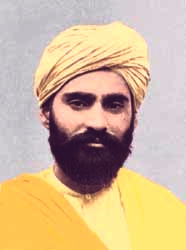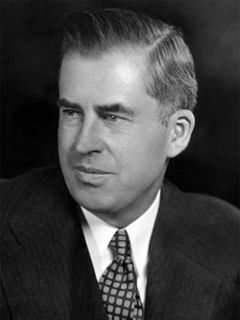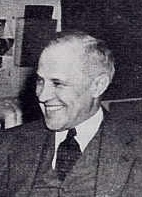A Quote by Howard Aiken
The desire to economize time and mental effort in arithmetical computations, and to eliminate human liability to error is probably as old as the science of arithmetic itself.
Related Quotes
Are not our desires inseparably intertwined with the continuation of life? Even the idea of eliminating desire is fruitless. The desire to eliminate all desire is still itself a desire. How can we find release and peace by replacing one desire with another? Surely we shall find peace not by eliminating desire, but by finding its fulfillment and satisfaction in the One who created it.
Is it fair to be suspicious of an entire profession because of a few bad apples? There are at least two important differences, it seems to me. First, no one doubts that science actually works, whatever mistaken and fraudulent claim may from time to time be offered. But whether there are any miraculous cures from faith-healing, beyond the body's own ability to cure itself, is very much at issue. Secondly, the expose' of fraud and error in science is made almost exclusively by science. But the exposure of fraud and error in faith-healing is almost never done by other faith-healers.
The error in positivism is that it takes as its standard of truth the contingently given division of labor, that between the science and social praxis as well as that within science itself, and allows no theory that could reveal the division of labor to be itself derivative and mediated and thus strip it of its false authority.
The history of science, like the history of all human ideas, is a history of irresponsible dreams, of obstinacy, and of error. But science is one of the very few human activities-perhaps the only one-in which errors are systematically criticized and fairly often, in time, corrected. This is why we can say that, in science, we often learn from our mistakes, and why we can speak clearly and sensibly about making progress there. In most other fields of human endeavour there is change, but rarely progress ... And in most fields we do not even know how to evaluate change.
...if the fear of falling into error is the source of a mistrust in Science, which in the absence of any such misgivings gets on with the work itself and actually does know, it is difficult to see why, conversely, a mistrust should not be placed in this mistrust, and why we should not be concerned that this fear of erring is itself the very error.
Now, I stand alone on this rock, fighting the errors of this world, and establish the science of life by my works. What is my mode of warfare? With the axe of truth I strike at the root of every tree of error and hew it down, so that there shall not be one error in man showing itself in the form of disease.
Eliminate the concept of division by class, skills, race, income, and nationality. We are all equals with a common pulse to survive. Every human requires food and water. Every human has a dream and desire to be happy. Every human responds to love, suffering and pain. Every human bleeds the same color and occupies the same world. Let us recognize that we are all part of each other. We are all human. We are all one.




































